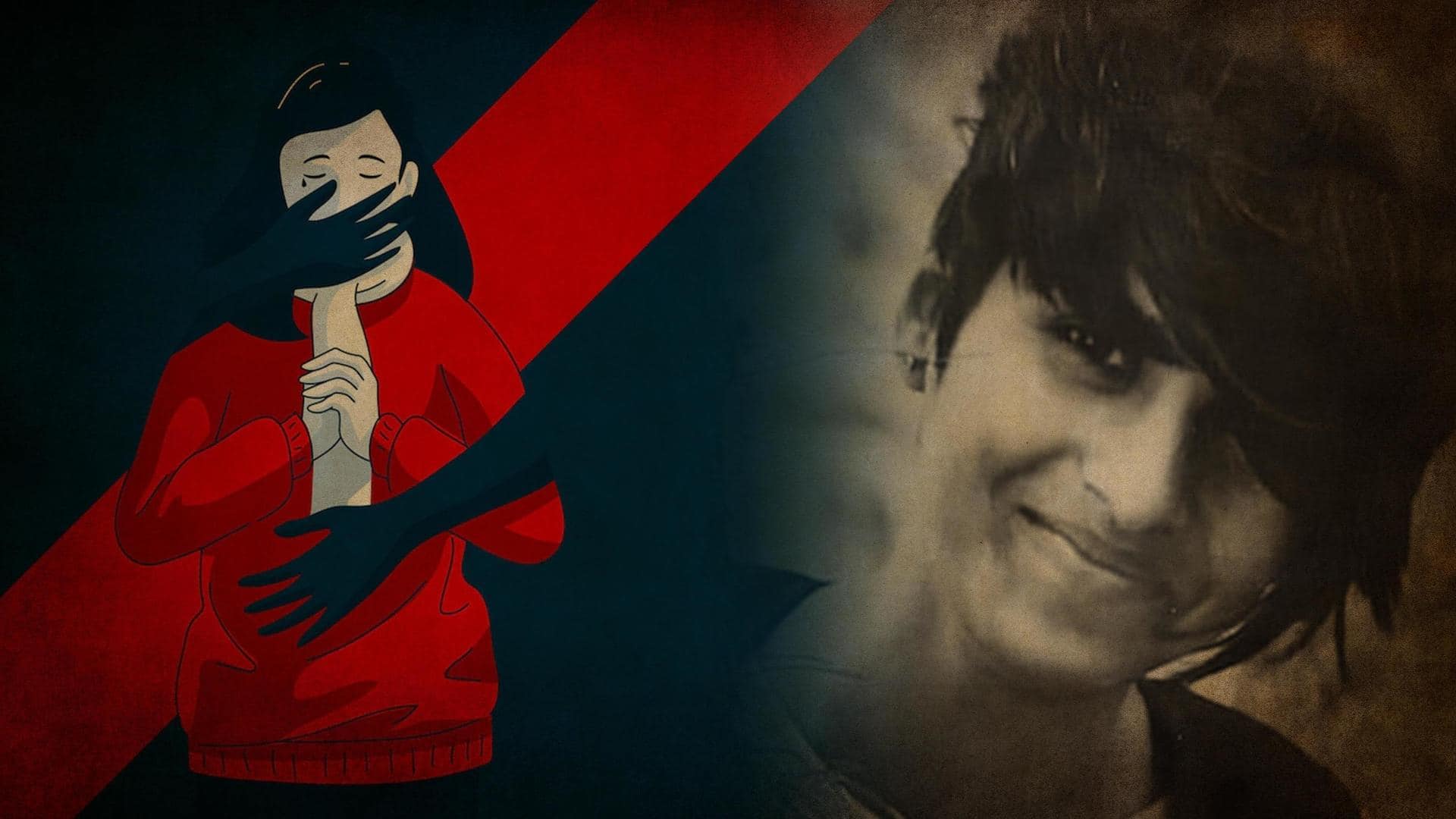
Shraddha Walkar murder: Recognize the patterns of domestic violence
What's the story
Domestic violence manifests itself in different forms and sadly, doesn't stop at one incident.
The Shraddha Walkar murder case has put women's safety in Delhi under the spotlight.
The gruesome instance also highlights how toxic relationships and domestic violence behind closed doors go undiscussed and abusers feel afraid to seek help.
Here are some patterns of abuse, and how you can get professional help.
Meaning
Domestic violence occurs between two people in an intimate relationship
Also called intimate partner violence, domestic violence occurs between two people sharing an intimate bond.
It can happen to both men and women, but in a majority of cases, it's the latter who gets abused by the former.
It can take multiple forms including physical, emotional, mental, and sexual abuse.
Domestic violence has also been observed in many same-sex bonds.
Pattern
Abuse starts subtly and then aggravates with time
Your abusive partner may apologize and assure you that they won't repeat it, but guess what, that's the very onset of abuse and domestic violence.
The two occurrences evolve and become habitual when there is a misbalance of power, equality, freedom, and liberty in relationships.
The abuser engages in using foul language, hurtful behavior, and intimidating techniques to control their partner.
Major red flags
Calling names, controlling nature, and other patterns to watch out
Calling names and insults are the first signs of this punishable offense.
Your partner may get you to cut chords with your friends, family, or colleagues at your workplace.
They may try to control your finances, whereabouts, and even what you wear.
They may threaten to leave you or resort to violence. Hitting, kicking, slapping, choking, shoving, and other acts are major red flags.
Information
Anger issues, forced sex, and blame game are other noticeable behaviors
A toxic partner may force or persuade you to engage in a sexual act against your will. They may also often get angry, jealous, or possessive and blame you for their behavior. Additionally, they may violate your boundaries in any way they can.
Preparation
Here's how you can break the cycle and experience freedom
The longer you stay in such a toxic relationship, the more you will go through abuse.
Call up a women's shelter hotline to seek help, they are available 24x7.
Keep in touch with someone whom you trust and seek guidance.
Use phone, laptop, social media, and GPS cautiously.
Pack your clothes, money, IDs, papers, and medicines in one place in case of emergency.
Speak up
Speedial these 24x7 helpline numbers to seek help and counselling
Women in distress can call up National Commission for Women at 7827170170.
Aks Foundation can be reached at their 24x7 helpline number 827170170.
You can also dial 1091 which is a pan-India women's helpline number that immediately connects you with the authorities.
Call 100 to contact the police or ring 181 to speak to the professionals at Women Helpline Domestic Abuse.
Take note
Know your rights: Domestic violence laws in India
Protection of Women from Domestic Violence Act, 2005 is meant to provide protection to the wife or a female live-in partner from domestic violence.
The law also offers security to women living in a family with mothers, sisters, and other relatives of their husbands.
The abused is entitled to get free legal services, medical help, right to reside in the shared household.